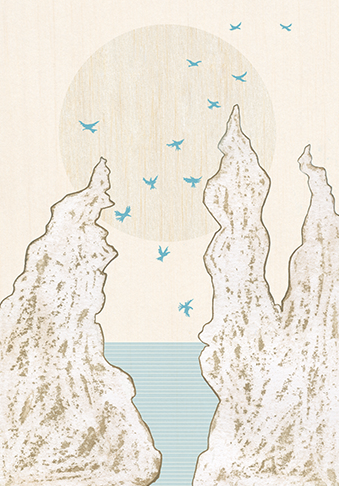Independence Day in a would-be Christian nation
Agency and morality in Ghanaian debates over public rituals
Keywords:
ritual, Christianity, politics, GhanaAbstract
When the West African nation of Ghana attained its independence from colonial rule in 1957, its traditional culture was to be promoted in all sectors of public life. Similarly, what was construed as Ghanaian traditional religion was to be treated equally with Christianity and Islam. The ritual offering of libations to ancestral spirits and deities was considered the Ghanaian equivalent to Christian and Muslim prayers, and it has been performed side by side with them in all sorts of national events. Later on, the libation ritual became a symbol of both Ghana’s religious diversity and its national culture, transcending religious divisions. Many Christian groups, especially from the Pentecostal-charismatic movement, have refused to accept the public status of the libation ritual in view of its alleged immoral ‘pagan’ associations. When the pouring of libations was removed from the Independence Day ceremonies held at the state capital in 2011, the public debate soon turned to the relationship between the government and Pentecostal churches, and accusations of religious intolerance were levelled. This article discusses how the arguments about the status of the ritual boil down to differences in semiotic ideology and notions about proper agency – namely, how forms of agency pertaining to words, objects, persons and spiritual beings involved in the ritual are understood differently by the disputants.

How to Cite
Copyright (c) 2022 Timo Kallinen

This work is licensed under a Creative Commons Attribution 4.0 International License.









